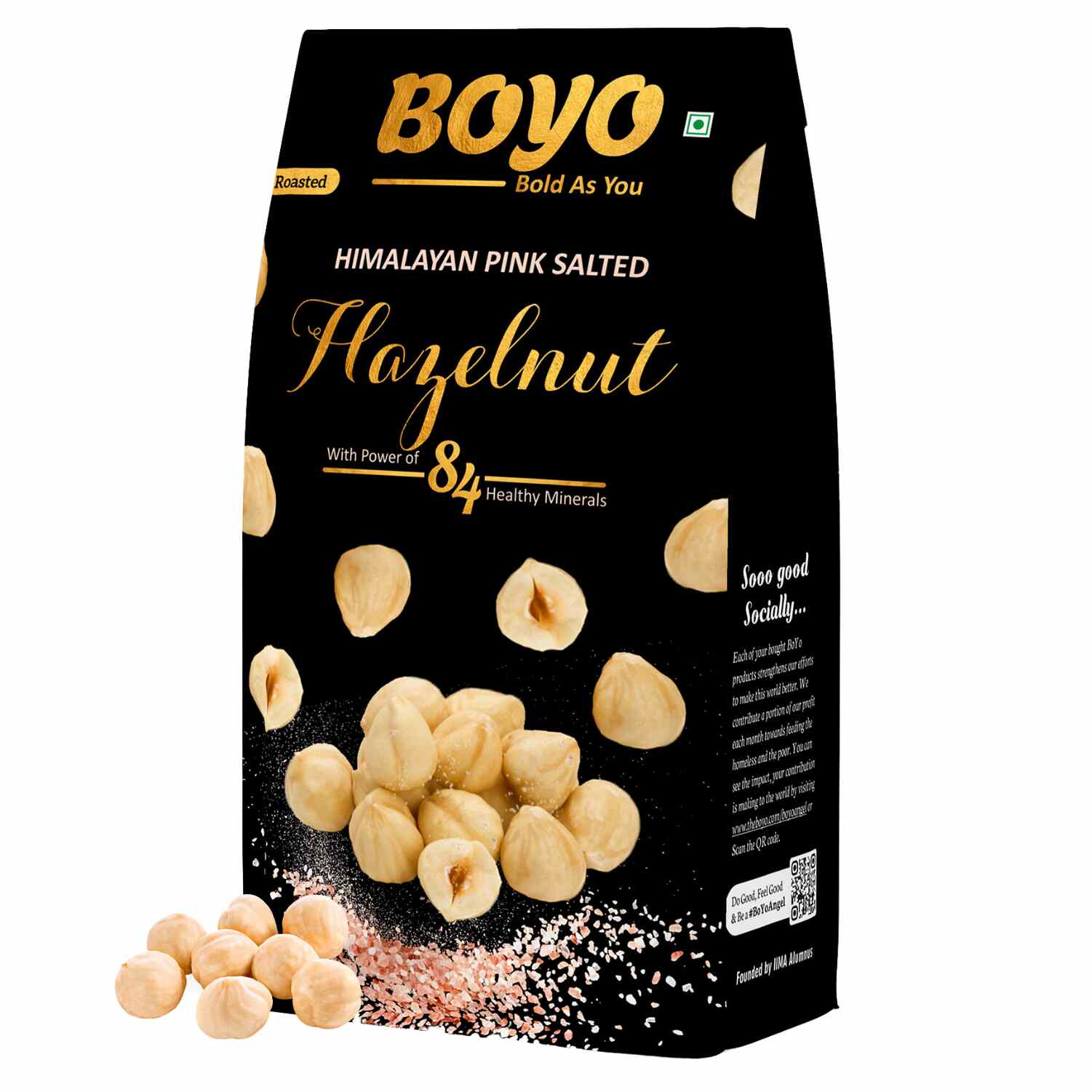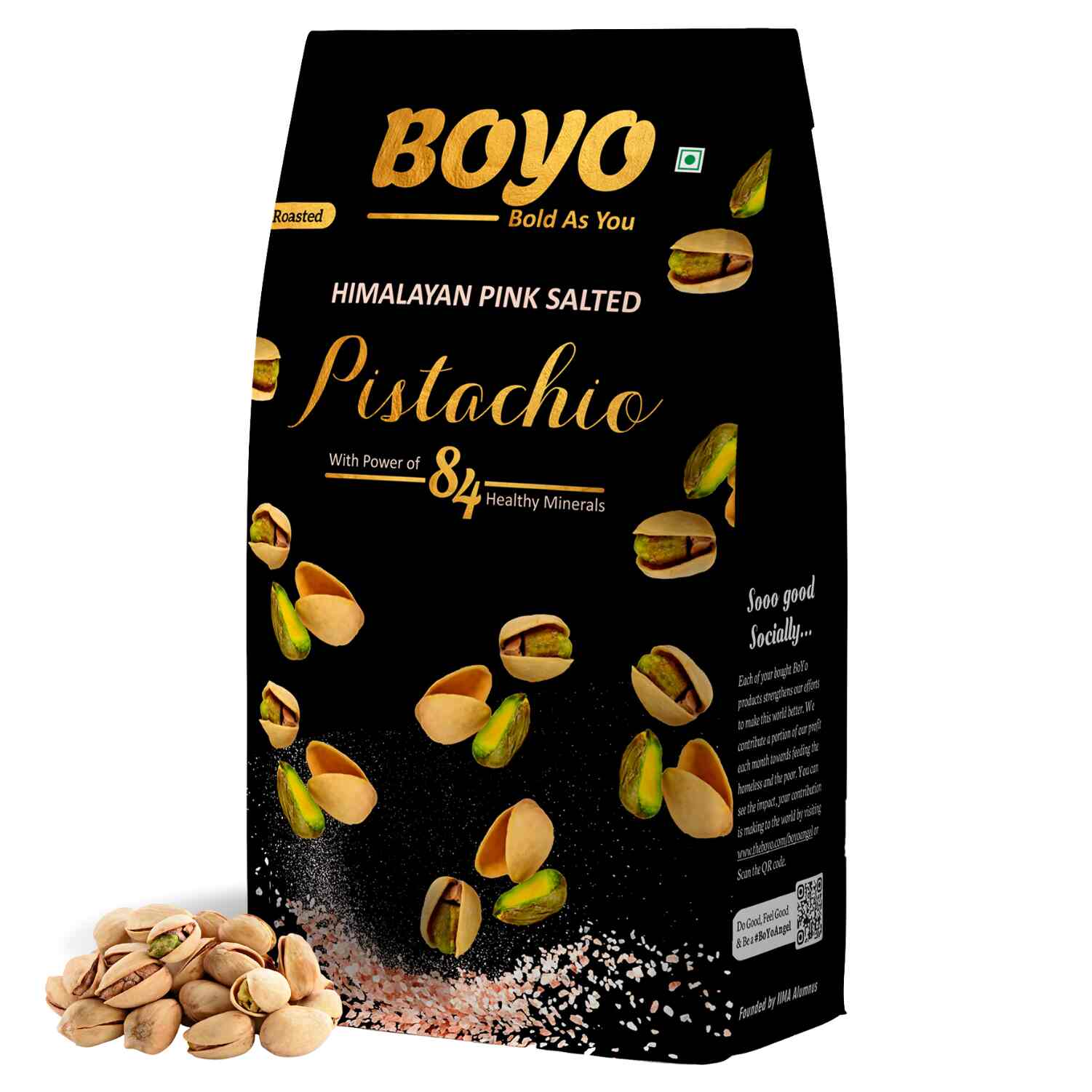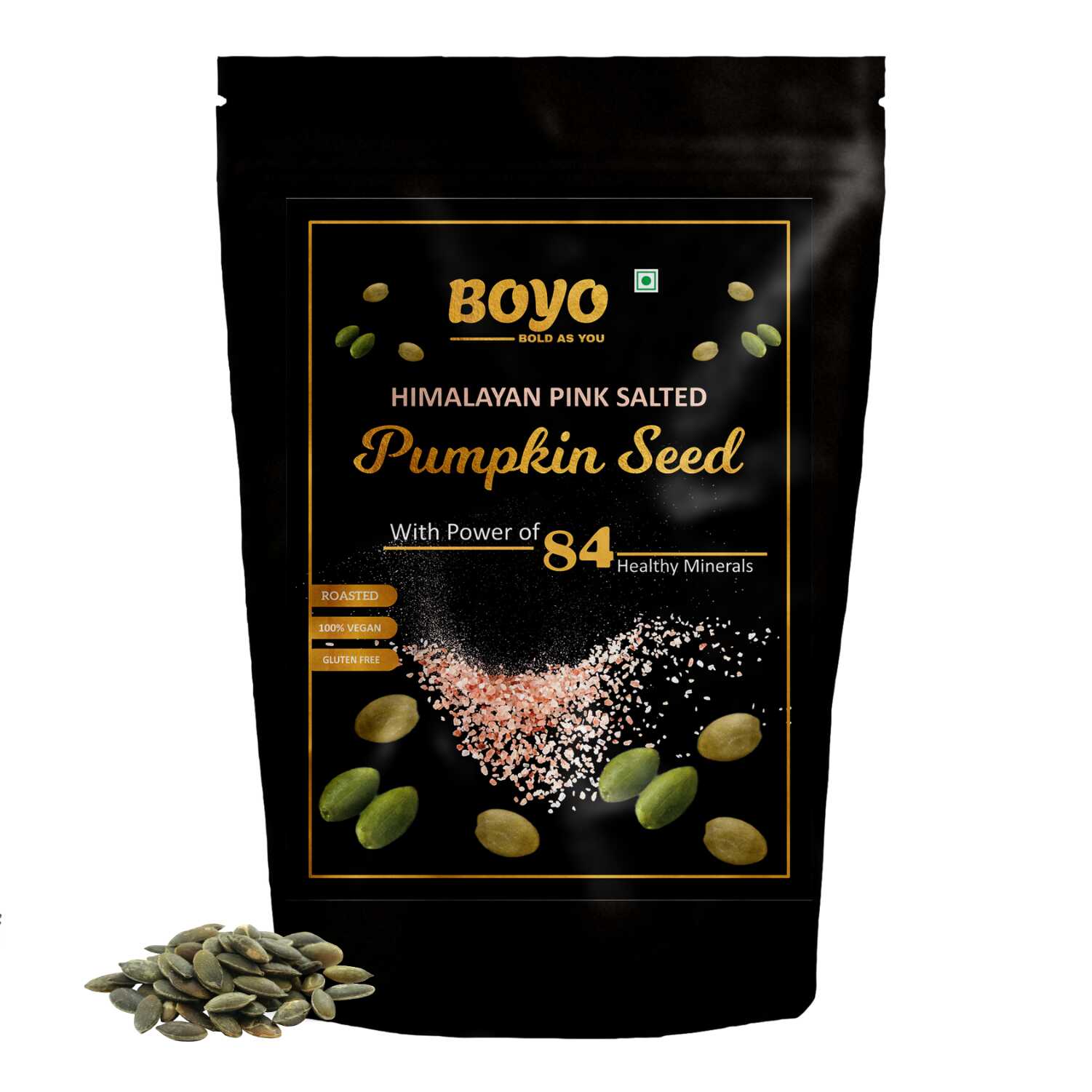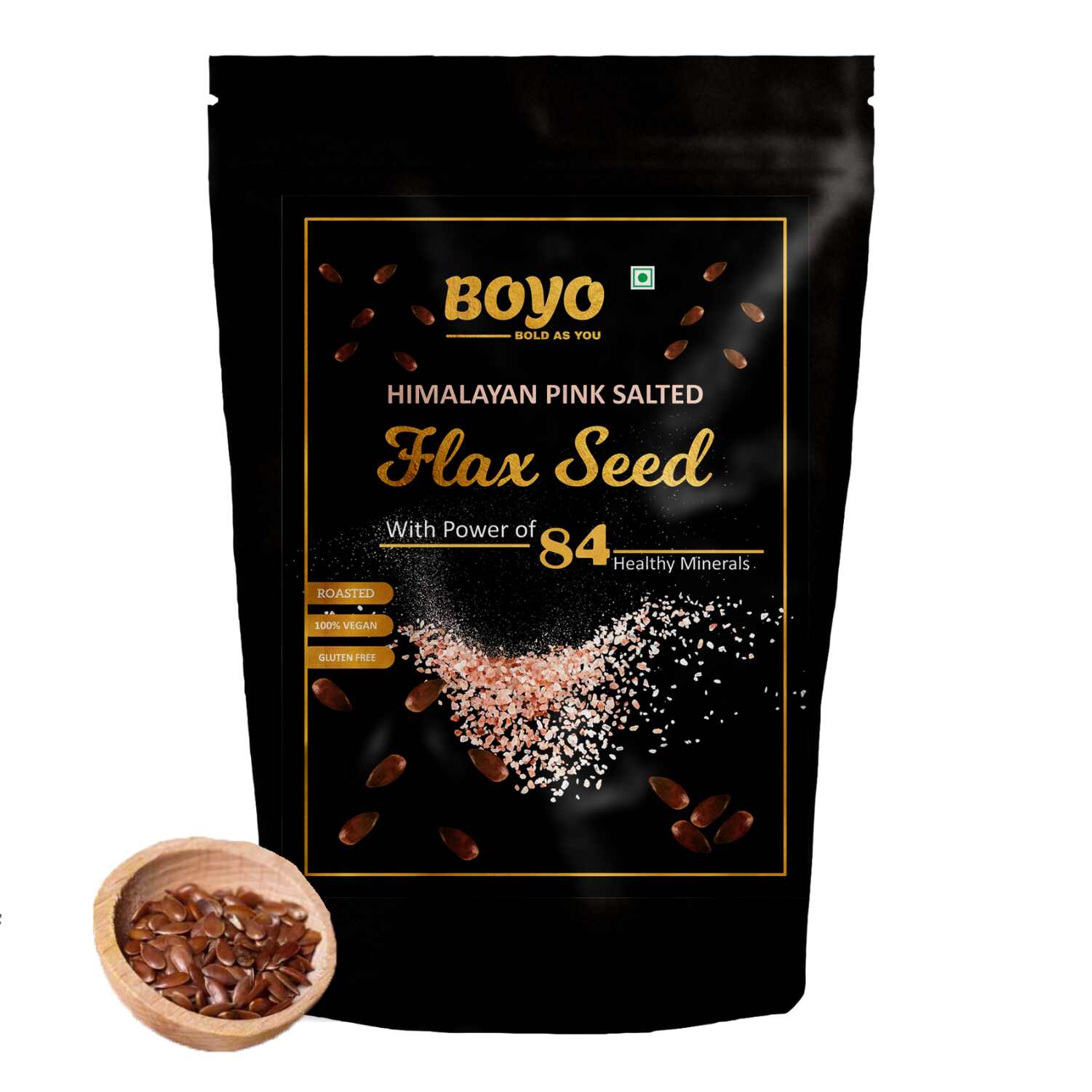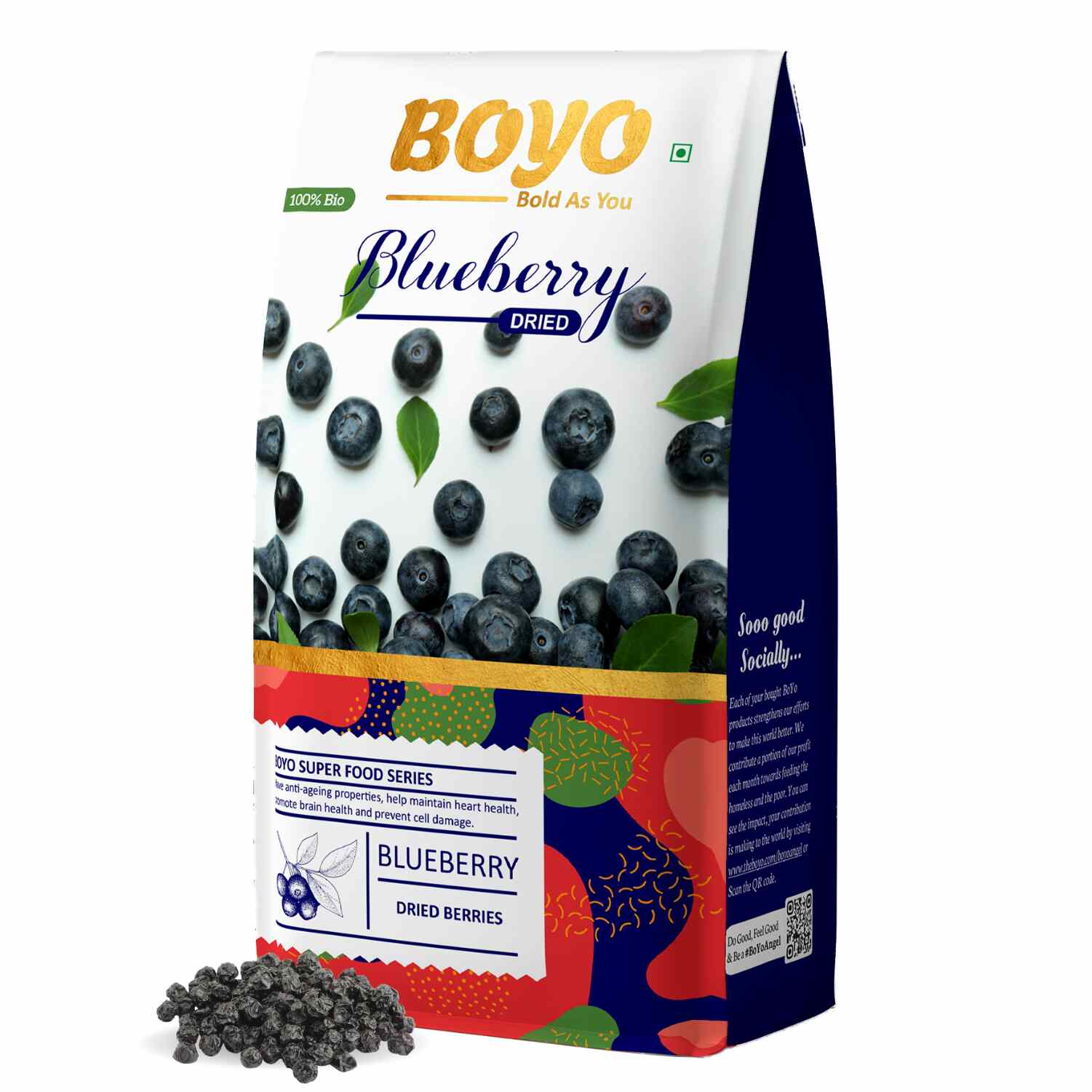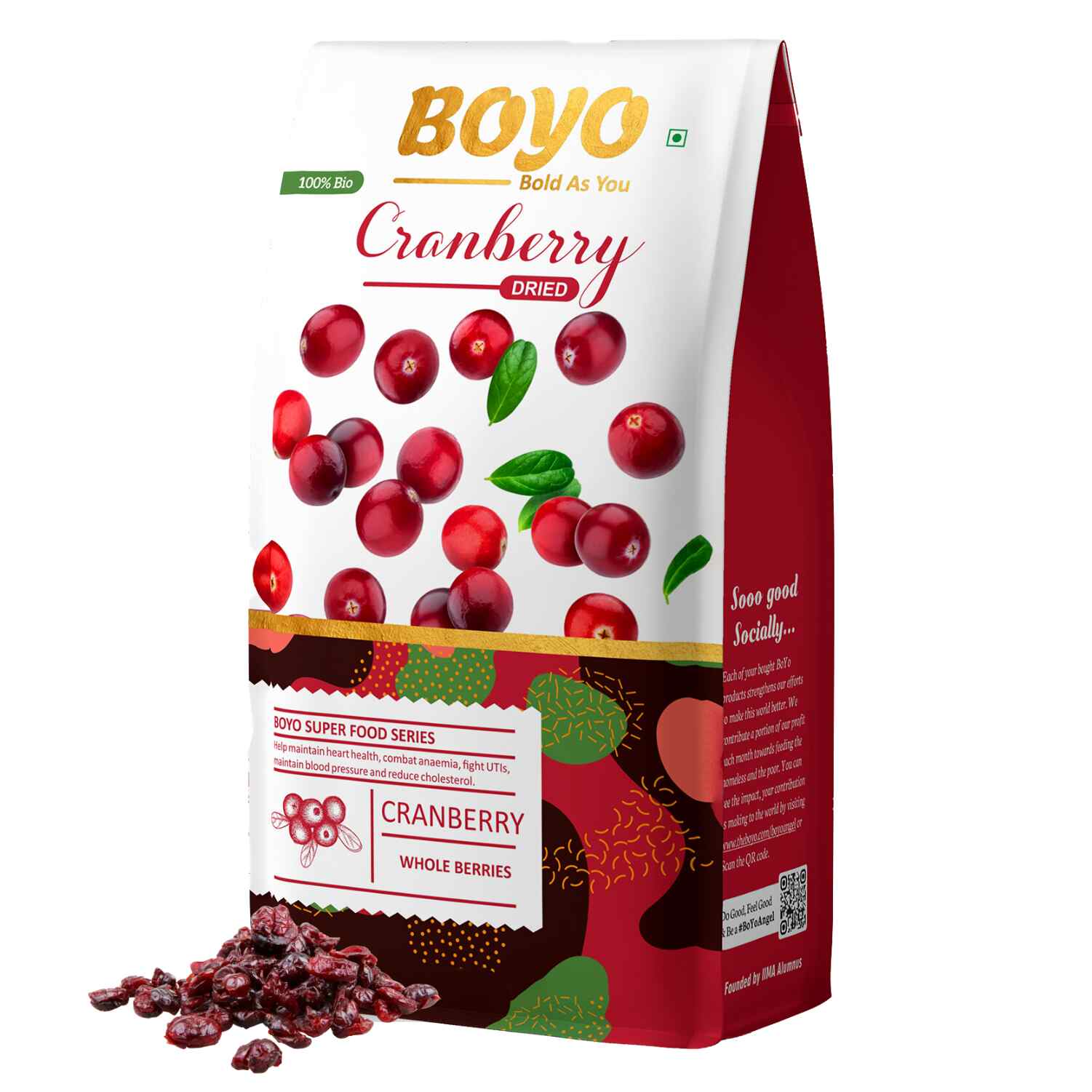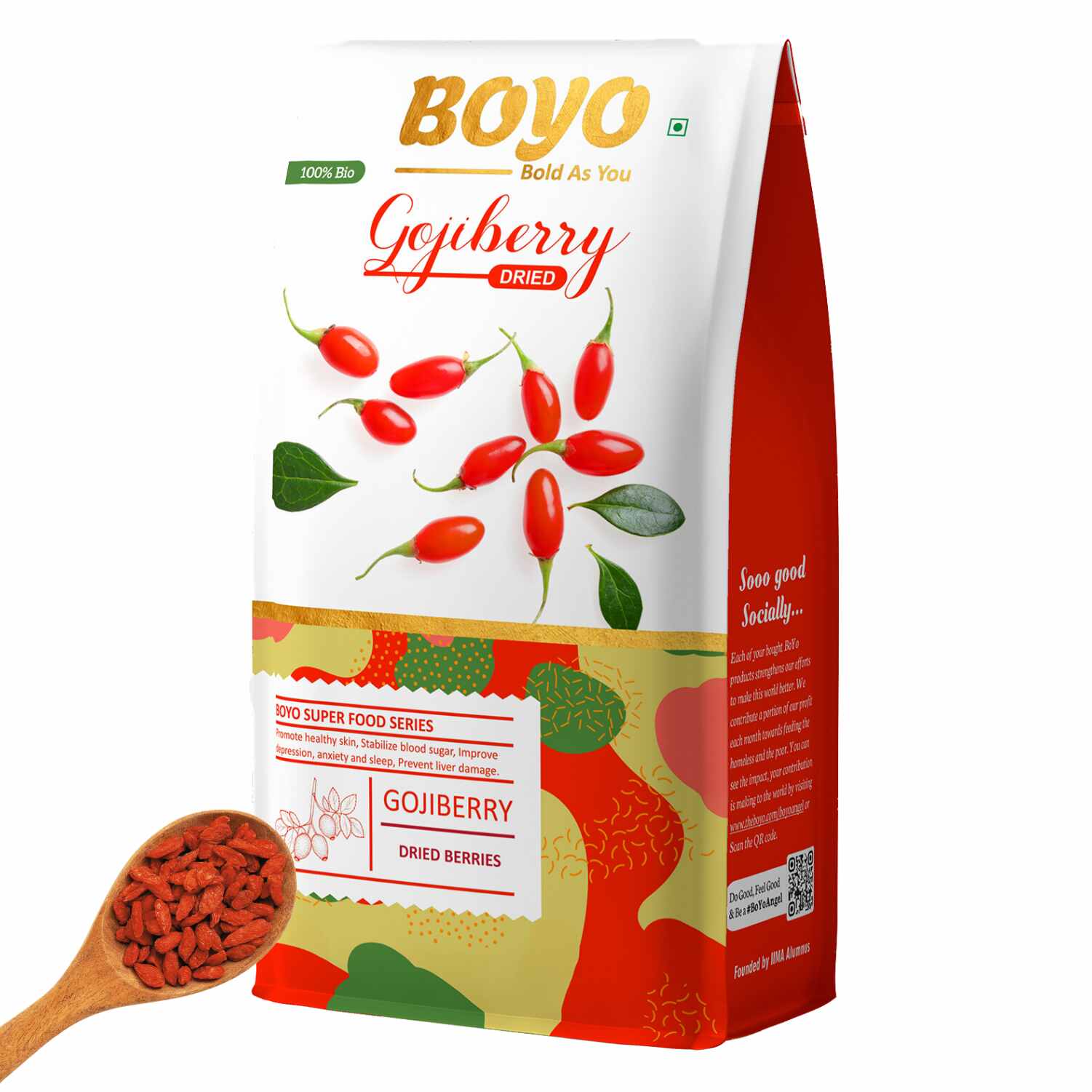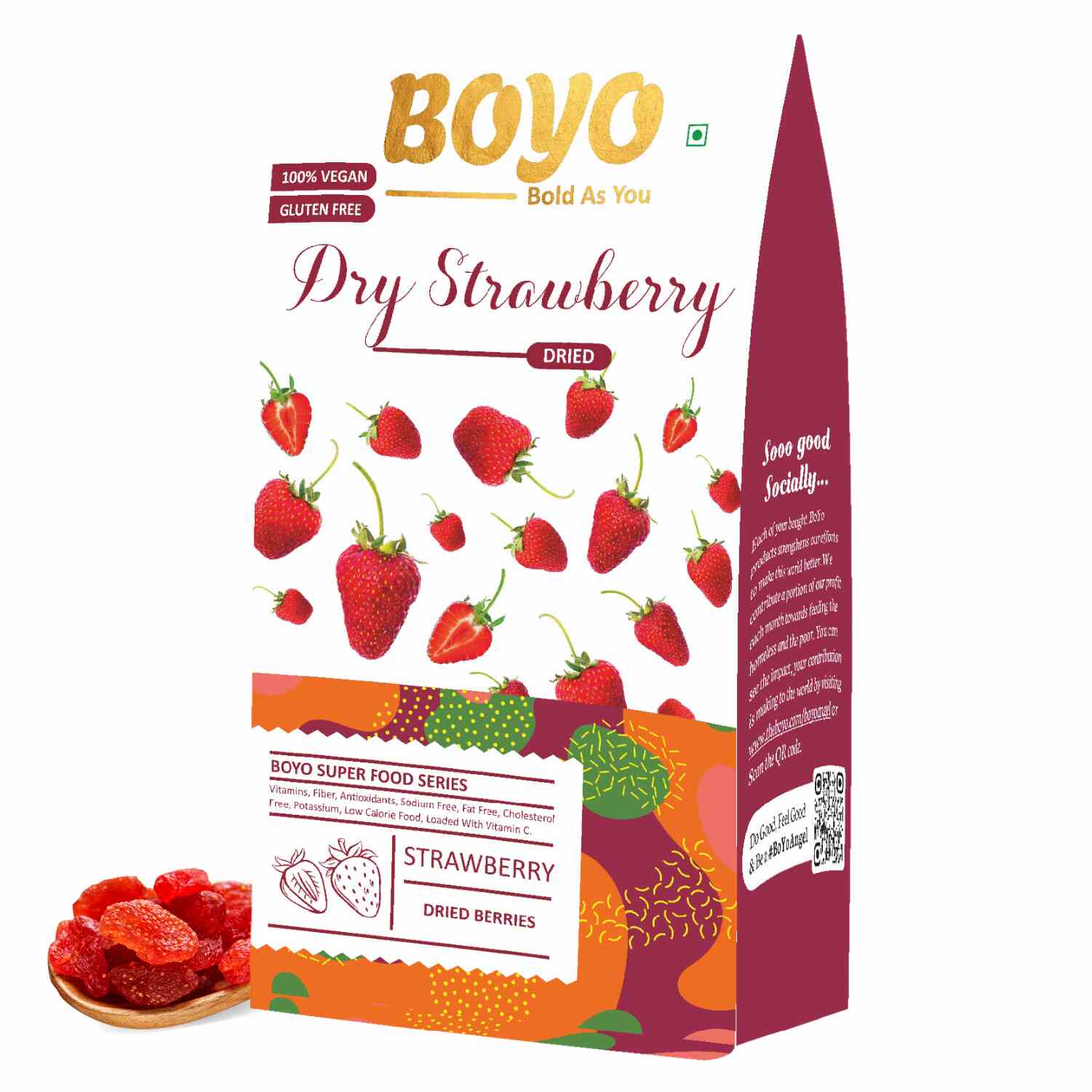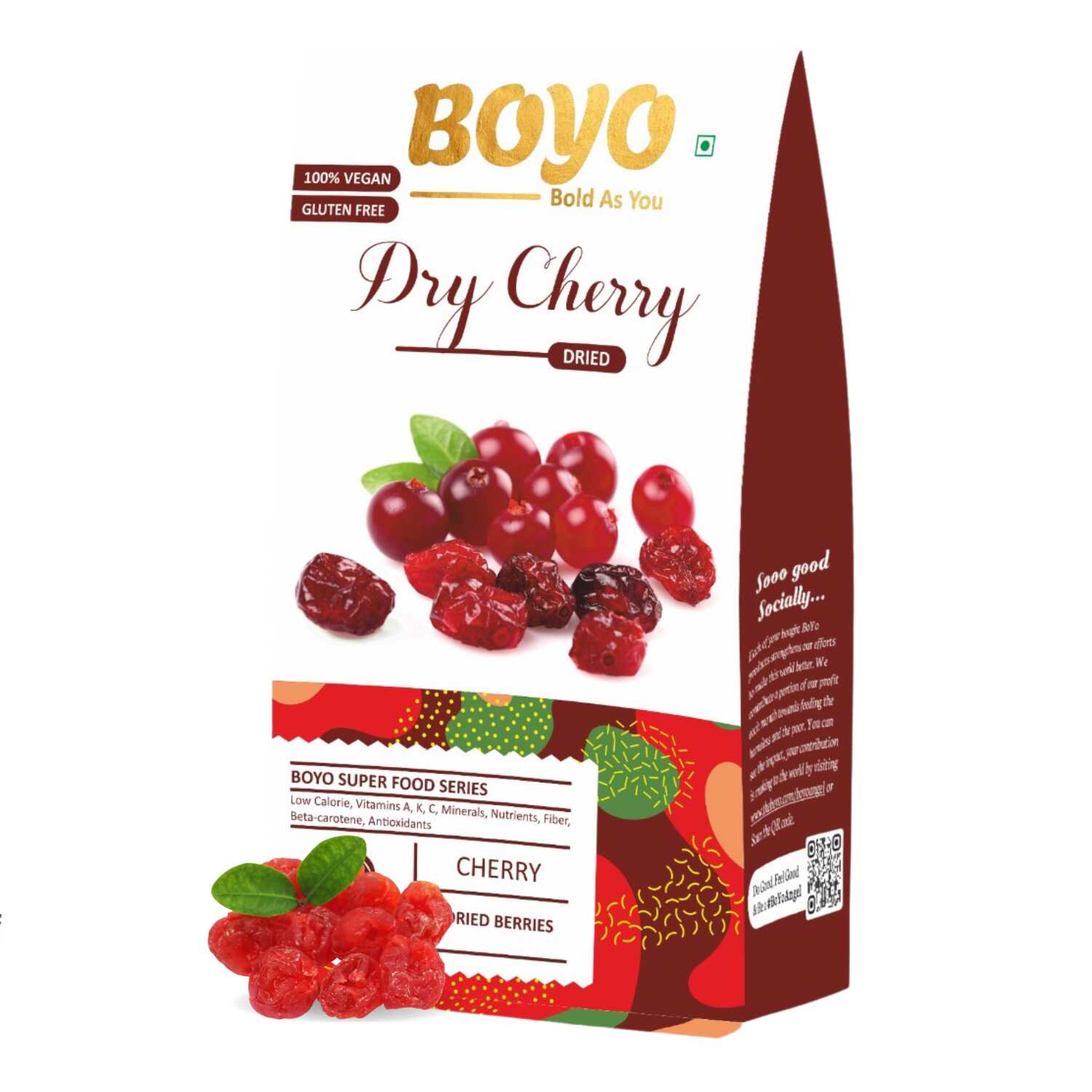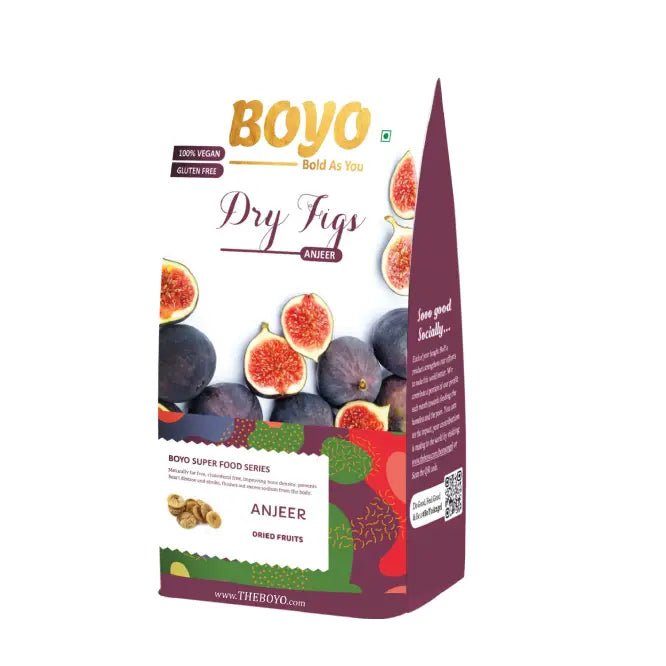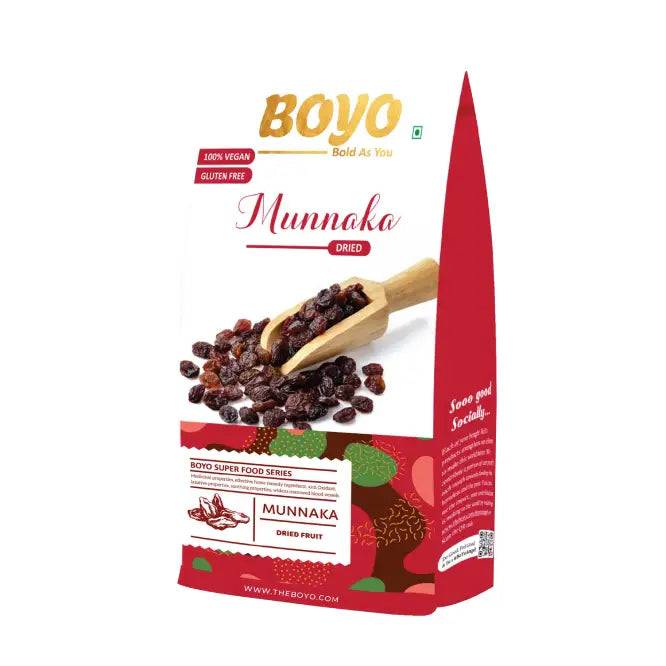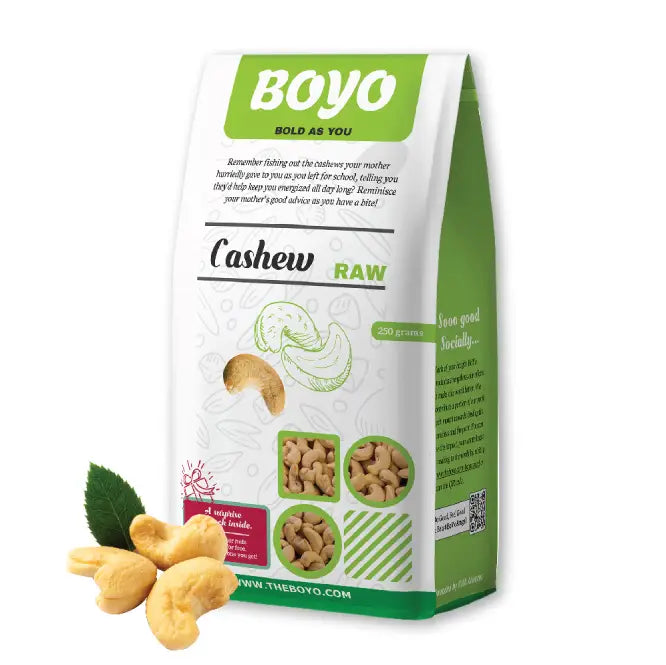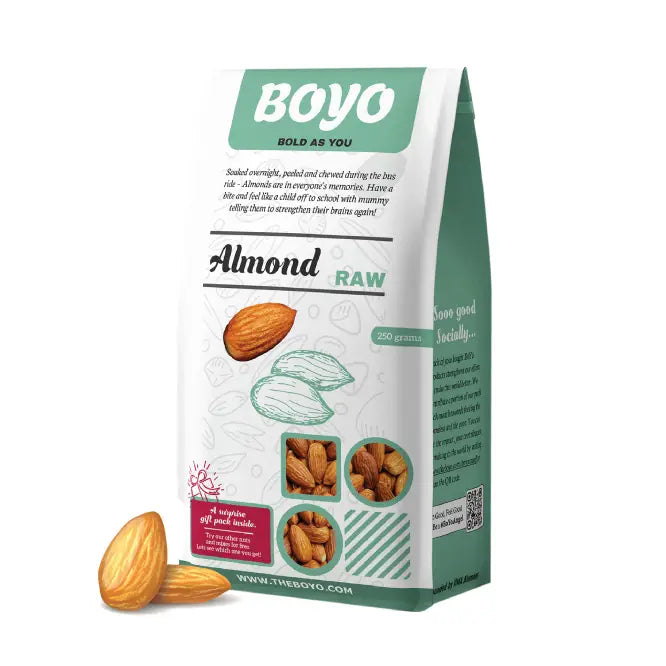
Surprising Health Benefits of Adding Cranberries to Your Diet

If you're looking for a way to boost your overall health and well-being, look no further than cranberries. These tart little fruits are packed with a variety of nutrients and compounds that can provide a range of surprising health benefits when incorporated into your daily diet.
From supporting a strong immune system to promoting heart health and aiding digestion, the health benefits of cranberries are numerous and diverse. So why not give these little superfoods a try and see what they can do for your health?
The Nutritional Powerhouse that is Cranberries
When it comes to nutritional value, cranberries are a force to be reckoned with. These tiny berries pack a powerful punch, boasting an impressive nutrient profile that can benefit overall health and wellness.
First and foremost, cranberries are rich in antioxidants, which can help protect the body against damage from harmful free radicals. They also contain high levels of vitamin C, which is essential for a healthy immune system and may even have anti-aging effects on the skin.
In addition, cranberries are a good source of fiber, which can support digestive health and keep you feeling full and satisfied. They also have anti-inflammatory properties, making them potentially beneficial for reducing inflammation in the body and alleviating conditions such as arthritis.
When it comes to minerals, cranberries are a good source of manganese, which plays a role in bone health, and vitamin K, which is important for blood clotting and bone health.
|
Nutrient |
Amount as per 100gm |
|
Calories |
317 Cal |
|
Total Fat |
2.5g |
|
Saturated Fat |
0.2g |
|
Sodium |
3mg |
|
Carbohydrates |
80g |
|
Dietary Fiber |
7.5g |
|
Sugar |
68g |
|
Protein |
2.5g |
Overall, incorporating cranberries into your diet can be a smart and delicious way to boost your nutritional intake and support a healthy lifestyle.
Boosting Immunity with Cranberries
Cranberries are a rich source of antioxidants, which can aid in preventing cell damage and strengthening the immune system. These antioxidants can help fend off harmful bacteria and viruses, reducing the risk of common illnesses such as cold and flu.
In addition to their antioxidant properties, cranberries contain proanthocyanidins, which can help prevent the adhesion of bacteria to the urinary tract walls, reducing the risk of urinary tract infections.
Incorporating cranberries into your diet is a simple way to support a healthy immune system. Consider adding fresh cranberries to salads or snacks, or enjoying a glass of cranberry juice with meals.
Promoting Heart Health with Cranberries
Cranberries are a natural powerhouse that promote heart health. Research suggests that cranberries can reduce the risk of heart disease by improving cholesterol levels and reducing high blood pressure.
The high levels of antioxidants in cranberries, such as flavonoids and polyphenols, help protect the cardiovascular system by preventing the formation of plaque in the arteries and reducing oxidative stress. Furthermore, the anti-inflammatory properties of cranberries can also help reduce inflammation in the cardiovascular system, which is a common risk factor for heart disease.
|
Benefits of incorporating cranberries into your diet for heart health: |
|
| (1) |
Reduces risk of heart disease |
| (2) |
Improves cholesterol levels |
| (3) |
Reduces high blood pressure |
| (4) |
Prevents formation of plaque in arteries |
Incorporating cranberries into your diet is an easy and delicious way to promote heart health. Try adding fresh cranberries to salads, smoothies or oatmeal, or drinking unsweetened cranberry juice for an added boost of heart-healthy nutrients.
Cranberries for Digestive Health
Cranberries are widely known for their numerous health benefits, most of which stem from their high nutrient density and potent antioxidant properties. One of the most significant health benefits of cranberries is their ability to promote digestive health and support a healthy gastrointestinal system.
The fiber present in cranberries helps to regulate digestion and prevent constipation. It passes through the digestive tract mostly undigested, absorbing water and adding bulk to the stool. This makes it easier to pass through the intestines and promotes regular bowel movements.
Moreover, cranberries have powerful anti-inflammatory properties that help reduce inflammation in the digestive tract, easing discomfort and irritation.
|
Benefits of Cranberries for Digestive Health |
|
Regulates digestion and prevents constipation through high fiber content |
|
Promotes regular bowel movements |
|
Powerful anti-inflammatory properties reduce inflammation in the digestive tract |
In addition, cranberries can also help prevent certain gastrointestinal infections. They contain compounds known as proanthocyanidins that prevent harmful bacteria from attaching to the lining of the urinary and digestive tracts. This can help prevent conditions like urinary tract infections and stomach ulcers from developing.
Incorporating cranberries into your diet can help promote a healthy gastrointestinal system and prevent a range of digestive issues. They can be consumed in several forms, including fresh or dried fruits, juice, and supplements.
Try this delicious cranberry smoothie recipe:
- 1 cup fresh or frozen cranberries
- 1 banana
- 1 cup almond milk
- 1 tsp honey
- 1 tsp vanilla extract
- 1 scoop protein powder (optional)
Blend all ingredients in a blender until smooth and enjoy!
Cranberries and Urinary Tract Health
Urinary tract infections (UTIs) can cause discomfort, pain, and lead to more severe health issues. Cranberries contain compounds that can prevent bacteria from adhering to the urinary tract walls, reducing the risk of UTIs.
Research suggests that cranberry products may be effective in preventing UTIs, particularly in women who experience recurrent infections. Drinking cranberry juice or taking cranberry supplements regularly can help maintain urinary tract health.
While cranberries can provide a natural defense against UTIs, it's important to seek medical attention if symptoms persist or worsen.
Cranberries as an Anti-Inflammatory Agent
Cranberries have remarkable anti-inflammatory properties that can benefit numerous health conditions, including arthritis. The proanthocyanidins, flavonoids, and phenolic acids found in cranberries are responsible for their anti-inflammatory benefits.
Studies have shown that cranberries can reduce inflammation and oxidative stress in the body by preventing the production of certain pro-inflammatory molecules. This reduction in inflammation can lead to improved joint health and reduced pain and stiffness associated with conditions like osteoarthritis and rheumatoid arthritis.
To truly benefit from the anti-inflammatory properties of cranberries, it's important to consume them regularly as part of a well-rounded diet. Consider adding fresh or dried cranberries to your oatmeal, yogurt, salads, or smoothies for a delicious and healthy addition to your day.
Cranberries and Skin Health
Did you know that cranberries can benefit your skin? This tart superfood has potential anti-aging and skin-nourishing properties that can support radiant skin.
Cranberries are loaded with antioxidants that help combat oxidative stress, a major contributor to skin damage and aging. These antioxidants can also protect against harmful UV rays, which can cause further damage to the skin.
In addition to their anti-aging benefits, cranberries contain vitamins and minerals that can promote skin health. For example, vitamin C in cranberries can help boost collagen production, which is essential for maintaining smooth, youthful-looking skin. Meanwhile, vitamin E in cranberries can nourish and hydrate the skin, keeping it moisturized and healthy.
Incorporating cranberries into your diet can be a simple and delicious way to support skin health. Try adding dried cranberries to your morning oatmeal or smoothie, or toss fresh cranberries into a salad for a fruity and nutritious twist.
Cranberries for Oral Health
Did you know that adding cranberries to your diet could promote good oral health? Cranberries contain compounds that help prevent bacteria from adhering to teeth and gums, reducing the risk of gum disease and tooth decay.
Studies have shown that cranberries can be just as effective at preventing plaque formation as some mouthwashes and dental treatments. Additionally, consuming cranberries can help reduce inflammation in the gums, further promoting healthy teeth and gums.
So, add some cranberries to your diet and smile with confidence knowing you're doing your part to maintain good oral health.
Buy Online Cranberry |
 Cranberry 200g Shop Now
Cranberry 200g Shop Now
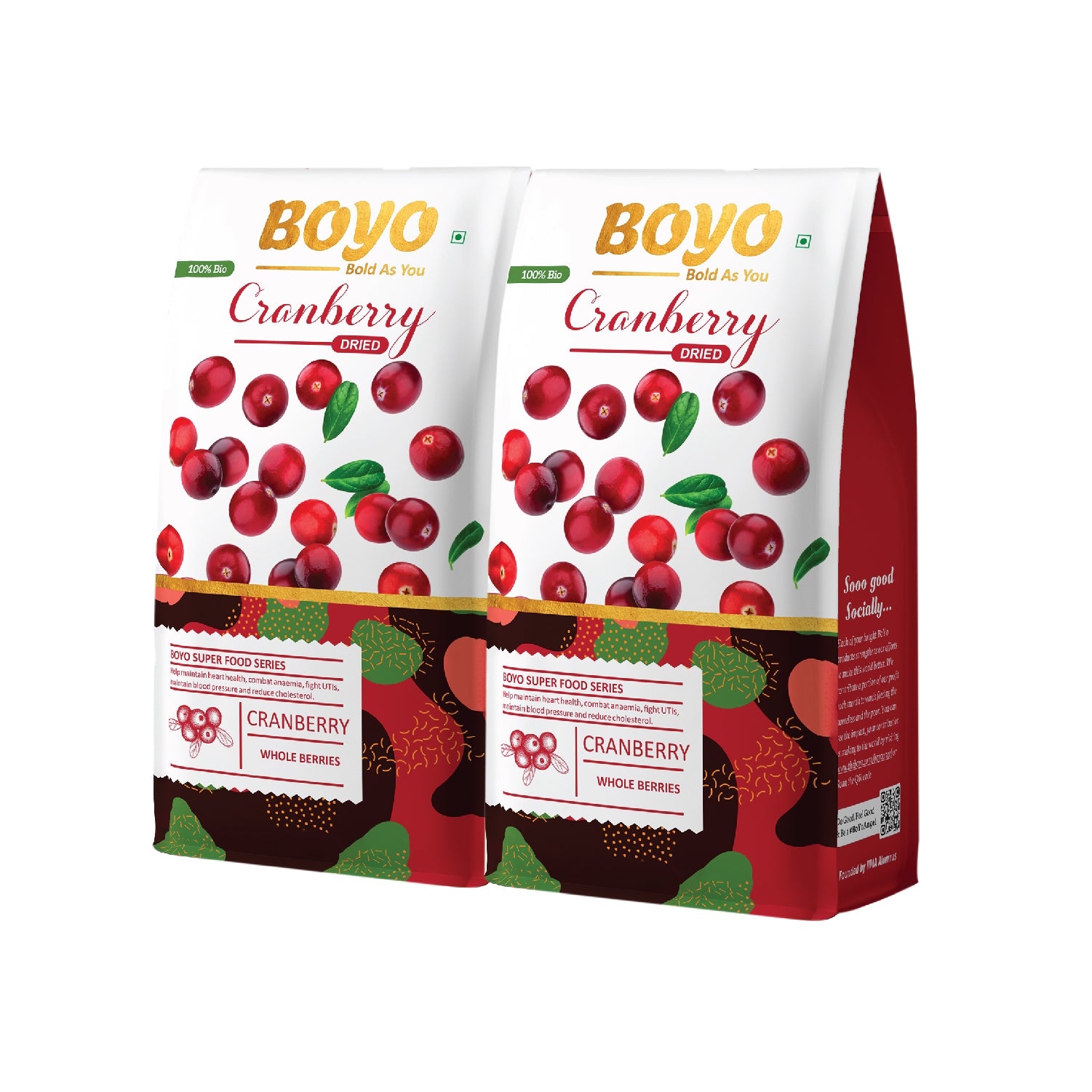 Cranberry Combo Shop Now
Cranberry Combo Shop Now
Cranberries and Weight Management
For those looking to manage their weight, incorporating cranberries into their diet may offer some surprising benefits. Not only are these tart berries low in calories, but they also contain compounds that can help suppress appetite and boost metabolism.
One study published in the Journal of Clinical Nutrition found that participants who consumed cranberry juice had decreased feelings of hunger and increased satiety compared to those who drank a placebo beverage. Additionally, some research suggests that the polyphenols in cranberries may help increase metabolism and enhance fat burning.
Incorporating cranberries into meals and snacks can be a simple and delicious way to support weight management goals. Try adding them to smoothies, salads, yogurt bowls, or as a topping for oatmeal or cereal. With their combination of nutrition and taste, cranberries may just be the secret weapon for achieving your wellness goals.
Incorporating Cranberries into Your Diet
Looking to add more cranberries to your diet? Here are some creative tips and ideas:
- Add a handful of dried cranberries to your morning oatmeal or granola for a sweet and tart twist.
- Toss fresh cranberries into a salad, along with some leafy greens, nuts, and cheese for a nutrient-packed lunch.
- Blend fresh or frozen cranberries into a smoothie with some yogurt, banana, and honey for a satisfying and healthy treat.
- Bake a batch of cranberry muffins or scones for a delicious and portable breakfast or snack.
- Add dried cranberries to your favorite trail mix or snack mix for a boost of flavor and nutrition on the go.
- Top off a bowl of Greek yogurt with some fresh or frozen cranberries and a drizzle of honey for a protein-packed and antioxidant-rich breakfast or snack.
By incorporating cranberries in creative ways, you can unlock the potential of this tart superfood and enjoy its delicious taste and numerous health benefits.
Conclusion
Cranberries are a powerful superfood with surprising health benefits that can be easily incorporated into one's daily diet. With their rich nutritional profile, including vitamins, minerals, and antioxidants, cranberries can support overall health and well-being in many ways.
Incorporating cranberries into your diet can promote a strong immune system, digestive health, heart health, and urinary tract health, among other benefits. They also possess anti-inflammatory properties that can help reduce inflammation in the body and promote healthy skin and oral health.
Whether eaten alone as a snack or added to recipes, such as salads, smoothies, or baked goods, cranberries are a versatile and delicious way to boost your health. So, why not try incorporating cranberries into your daily routine and unlock the secrets to wellness with this tart superfood?
FAQ
Q1. What are the health benefits of adding cranberries to your diet?
Adding cranberries to your diet can provide numerous surprising health benefits. These include boosting immunity, promoting heart health, supporting digestive health, preventing urinary tract infections, reducing inflammation, improving skin health, enhancing oral health, aiding in weight management, and more.
Q2. How do cranberries boost immunity?
Cranberries contain antioxidants and immune-boosting compounds that can help strengthen your immune system. They can provide protection against common illnesses and infections, keeping you healthy and well.
Q3. Can cranberries promote heart health?
Yes, cranberries have been found to have positive effects on cardiovascular health. They can help lower blood pressure, reduce inflammation, and improve overall heart function, thus reducing the risk of heart disease.
Q4. How do cranberries support digestive health?
Cranberries are beneficial for digestion due to their high fiber content. Fiber helps promote regular bowel movements, prevents constipation, and supports a healthy gastrointestinal system. Additionally, cranberries may have prebiotic properties that can nourish the beneficial gut bacteria.
Q5. Are cranberries effective as an anti-inflammatory agent?
Yes, cranberries have anti-inflammatory properties, which can help reduce inflammation in the body. This can be particularly beneficial for conditions like arthritis, where chronic inflammation is a contributing factor.
















